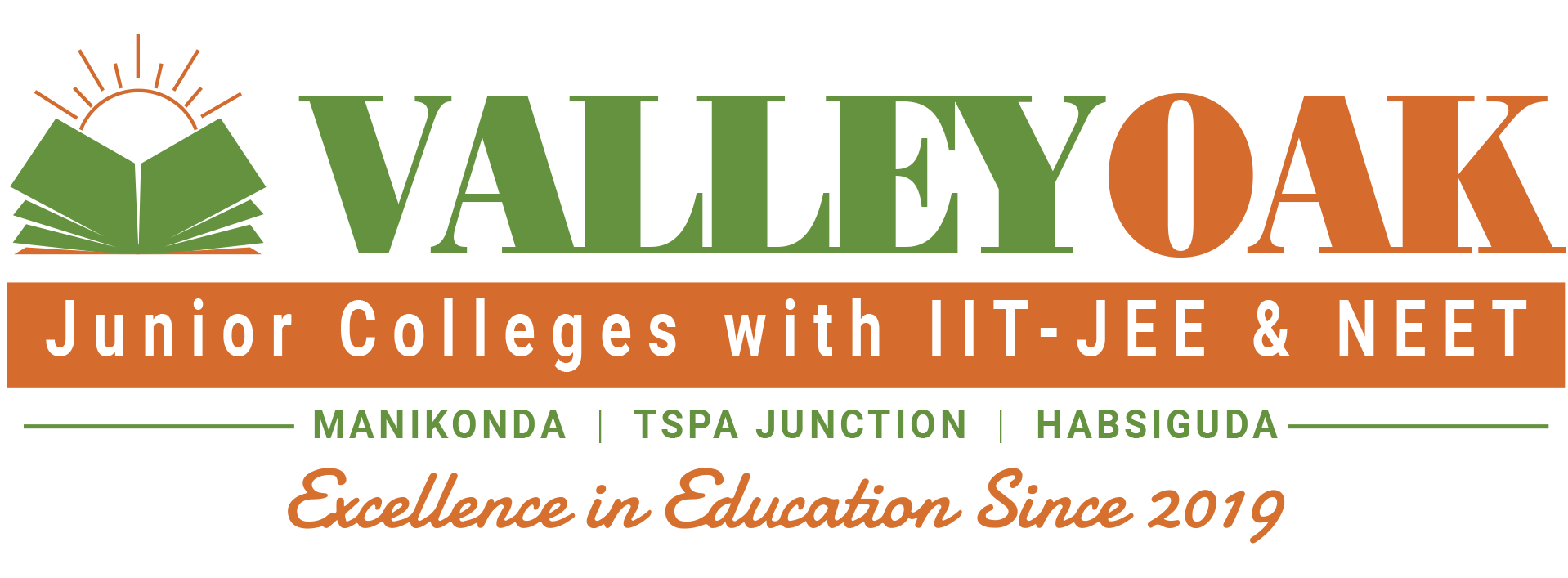
Introduction: In the fast-paced world of education, cultivating effective study habits is crucial for academic success. Many students struggle with finding the right approach to studying that suits their individual needs. This blog post aims to provide practical tips and insights on how students can enhance their study habits, backed by facts and statistics.
Understanding Your Learning Style: One size doesn’t fit all when it comes to studying. Recognizing your learning style is the first step toward creating effective study habits. According to a study by the Journal of Educational Psychology, students who align their study methods with their learning style tend to perform better academically. Whether you’re a visual learner who benefits from diagrams and charts or an auditory learner who grasps information through discussions, tailoring your study techniques can significantly boost your understanding of the material.
Creating a Productive Study Environment: Your study environment plays a pivotal role in shaping your concentration and productivity. Designate a quiet, well-lit space free from distractions. According to a study published in the Journal of Environmental Psychology, a clean and organized study space positively impacts cognitive performance. Eliminate electronic distractions and consider incorporating background music, as some studies suggest that certain genres can enhance focus and memory retention.
Effective Time Management: Time is a precious resource, and effective time management is key to successful studying. Develop a realistic study schedule that includes breaks to prevent burnout. The Pomodoro Technique, involving 25 minutes of focused study followed by a 5-minute break, has been proven to enhance productivity. A study by the University of Illinois found that short breaks during study sessions lead to improved concentration and information retention.
Utilizing Active Learning Techniques: Passive learning, such as reading and re-reading textbooks, may not be as effective as engaging in active learning techniques. Incorporate methods like flashcards, group discussions, and teaching the material to someone else. A study from the Proceedings of the National Academy of Sciences found that students who actively participated in their learning process demonstrated higher levels of understanding and retention compared to those who relied solely on passive methods.
Setting Realistic Goals: Goal-setting is a powerful motivator that can drive academic success. Set specific, measurable, achievable, relevant, and time-bound (SMART) goals for your study sessions. A study conducted by Dominican University of California revealed that individuals who wrote down their goals were significantly more likely to achieve them. Break larger goals into smaller, manageable tasks to make the journey more achievable and less overwhelming.
Incorporating Regular Exercise: Physical activity has a profound impact on cognitive function and mental well-being. Engaging in regular exercise can enhance memory, concentration, and overall brain function. According to research published in the British Journal of Sports Medicine, students who participate in physical activity experience improved academic performance. Consider incorporating short exercise routines into your study breaks to reap these cognitive benefits.
Embracing Mindfulness and Stress Management: Stress can hinder effective studying, so incorporating mindfulness techniques and stress management practices is essential. Mindfulness meditation has been proven to reduce stress and improve cognitive function. A study from the Journal of Cognitive Enhancement suggests that practicing mindfulness can enhance attention and working memory, crucial components of successful study habits. Techniques such as deep breathing, meditation, and yoga can be effective tools in managing stress levels.
Conclusion: Improving study habits is a journey that requires dedication, self-awareness, and a willingness to adapt. By recognizing your learning style, creating a conducive study environment, managing your time effectively, embracing active learning, setting realistic goals, incorporating regular exercise, and practicing mindfulness, you can unlock your full academic potential.
Valley Oak College: Your Partner in Academic Excellence At Valley Oak Junior College, we understand the importance of effective study habits in achieving success in competitive exams like NEET and IIT JEE. Our expert faculty and personalized coaching programs are designed to help students excel in their studies. If you’re looking for a supportive learning environment that aligns with the principles outlined in this blog post, contact us today to explore our coaching programs and take the first step towards academic excellence







